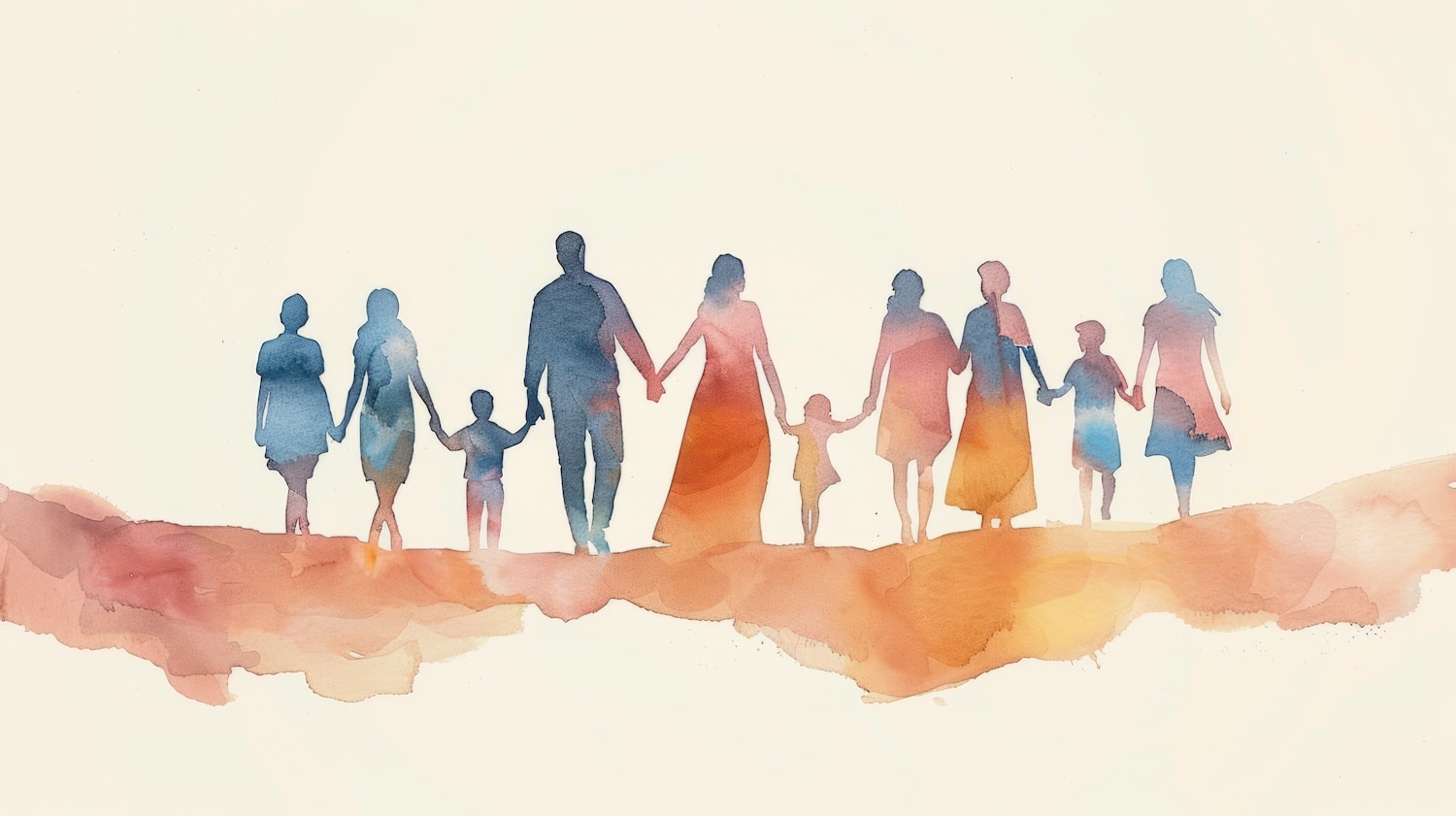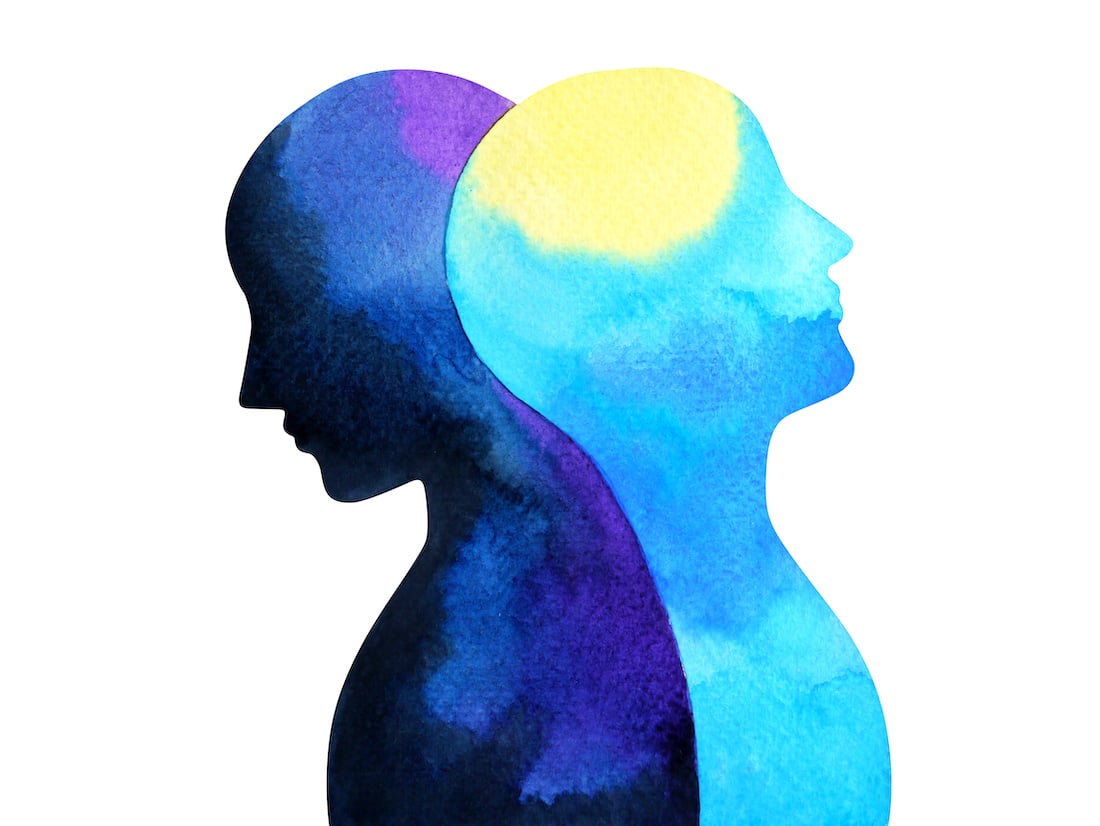In 2008, the National Institute of Mental Health (NIMH) created the RAISE project which had the primary goal of identifying the most effective treatment methods for treating the first episodes of psychosis associated with Schizophrenia. RAISE stands for “Recovery After Initial Schizophrenia Episode.” The first episodes of psychosis are traditionally treated via programs known as Coordinated Specialty Care (CSC) which promotes shared decision making between client and treatment professionals via individualized treatment plans. The RAISE project consisted of two different studies; the RAISE Early Treatment Program (RAISE-ETP) and the RAISE Implementation and Evaluation Study (RAISE-IES).
The RAISE Early Treatment Program study attempted to identify whether coordinated specialty care treatment was more effective than traditional treatment in community-based settings. This study gave patients a combination of medications and individual psychotherapy for their symptoms. The Raise Implementation and Evaluation Study, on the other hand, attempted to identify the best way for mental health treatment providers to implement coordinated specialty care treatment programs.
Both studies were conducted, by Columbia Researchers, at a time when clients were actively displaying symptoms of psychosis for the first time and reported the following findings.
- Coordinated specialty care is a cost-effective method of treatment and clients respond well when it’s implemented.
- Coordinated specialty care has the most success when implemented as close to the onset of the psychotic episode as possible.
- The average duration of untreated psychosis for a client was almost a year and a half.
According to the National Institute of Mental Health, the RAISE Project was also developed to:
- Help clients decrease the probability of future psychotic episodes.
- Reduce the long-term debilitating effects of psychosis.
- Help clients become more productive after treatment and in recovery.
RAISE was funded by the American Recovery and Reinvestment Act of 2009 and was first published in the American Journal of Psychiatry. In all, 404 individuals with Schizophrenia participated in the study.
Pasadena Villa utilizes a variety of evidence-based treatment therapies for individuals with Schizophrenia and other common co-occurring disorders. To learn more about our treatment curriculum and levels of care, please fill out our contact form or call our admissions office at 407-215-2519.



